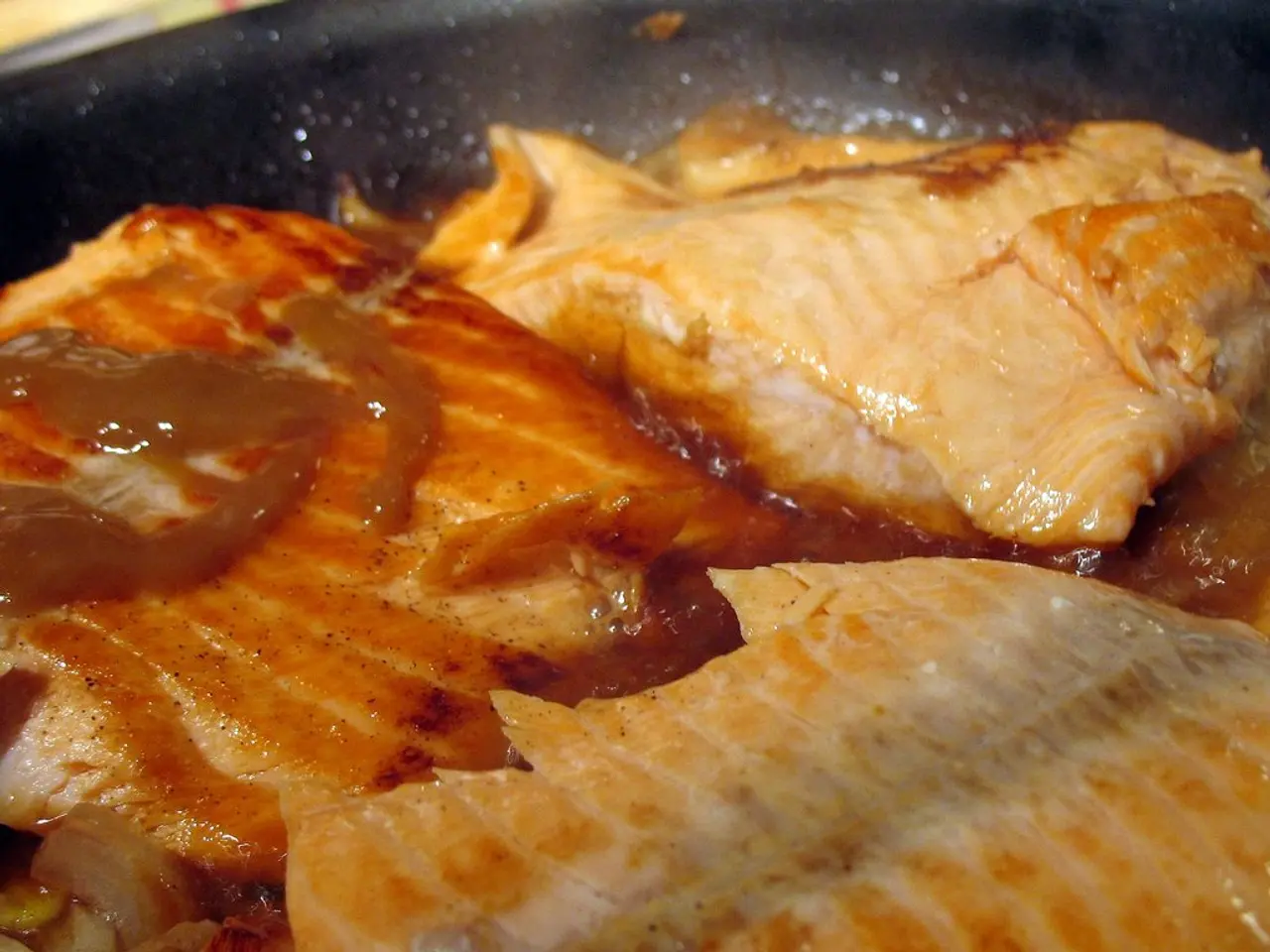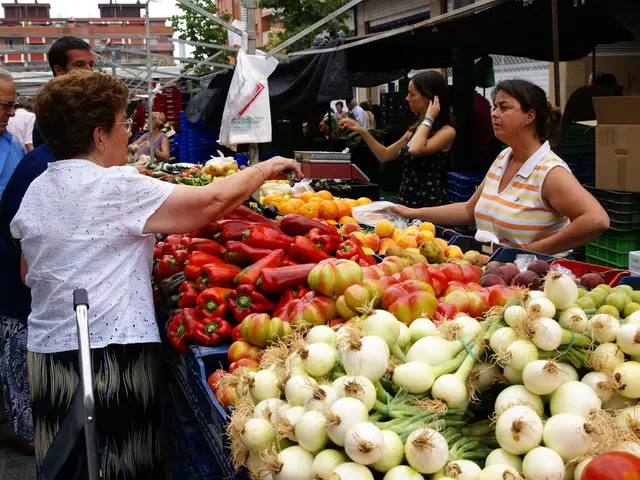Criticism Arises over Beef Exports: Beef Prices Surpass Those of Horse Meat in the Market
Kazakhstan's meat export policy is currently focused on a balanced approach, aiming to secure domestic supply while promoting international trade. The government has enforced a ban on the export of live bull calves of cattle until October 30, 2025, to maintain adequate domestic livestock supply and support the internal meat market [1].
Simultaneously, Kazakhstan is actively pursuing agricultural exports, including meat, to foreign markets such as Serbia and the European Union. This expansion includes ongoing work with the European Commission to open export opportunities for horse meat and aquaculture products [3].
The ban on live bull calves exports and selective export facility certifications indicate a dual approach: restricting live animal exports to secure domestic herd growth and supply, while supporting value-added product exports through compliance and trade cooperation frameworks [1].
Under the state program "Aul Amanaty," funds were allocated only for processing in 2024. However, the People's Party of Kazakhstan faction suggests that these funds should be directed towards animal breeding and the construction of slaughterhouses [2]. A project of Public-Private Partnership (PPP) for the construction and maintenance of slaughterhouses should be developed and approved to address this issue.
The large-scale export of beef has led to a significant decrease in the amount of beef available in Kazakhstan, causing producers to raise prices [4]. As a result, beef has become several times more expensive than horse meat in Kazakhstan. Maghramov, the leader of the People's Party of Kazakhstan, emphasized that the government's incorrect policy towards meat producers before the borders were opened has been evident, despite the good indicators of domestic meat demand [5].
The government's rules for subsidizing the development of pedigree livestock and increasing the productivity and quality of livestock products only allow large-scale agricultural sector entities to use state support [6]. The People's Party of Kazakhstan faction leader, Maghramov, submitted a deputy inquiry to Prime Minister Olzhas Bektenov regarding the rational regulation of meat export policy and ensuring domestic market supply [2].
Furthermore, the People's Party of Kazakhstan faction suggests that local executive bodies should have clear planning support programs for small and medium-sized agricultural producers [2]. Corresponding regional maps should be developed for the support programs of these producers.
In a separate development, during a joint meeting, the reasons for the rise in vegetable prices were discussed [7]. However, this fact is not directly related to the meat export issue.
The same situation occurred with the subsidy for feed [8]. The government's failure to prepare the market for meat export has resulted in harm to citizens, as the large-scale export of beef has led to a significant decrease in the amount of this product in the country [4].
In conclusion, Kazakhstan's current policy for rational regulation of meat exports centers on export bans for live bull calves to protect domestic cattle availability until at least October 30, 2025, alongside efforts to expand processed agricultural product exports under international agreements with trade partners. There is an emphasis on controlled regulation rather than a complete export halt, supporting both domestic supply and export market diversification [1][3].
The government's focus on the rational regulation of meat exports includes enforcing a ban on the export of live bull calves and expanding processed agricultural product exports under international agreements [1][3]. Simultaneously, the People's Party of Kazakhstan suggests that state programs should be directed towards supporting small and medium-sized agricultural producers, rather than just large-scale entities [2].





